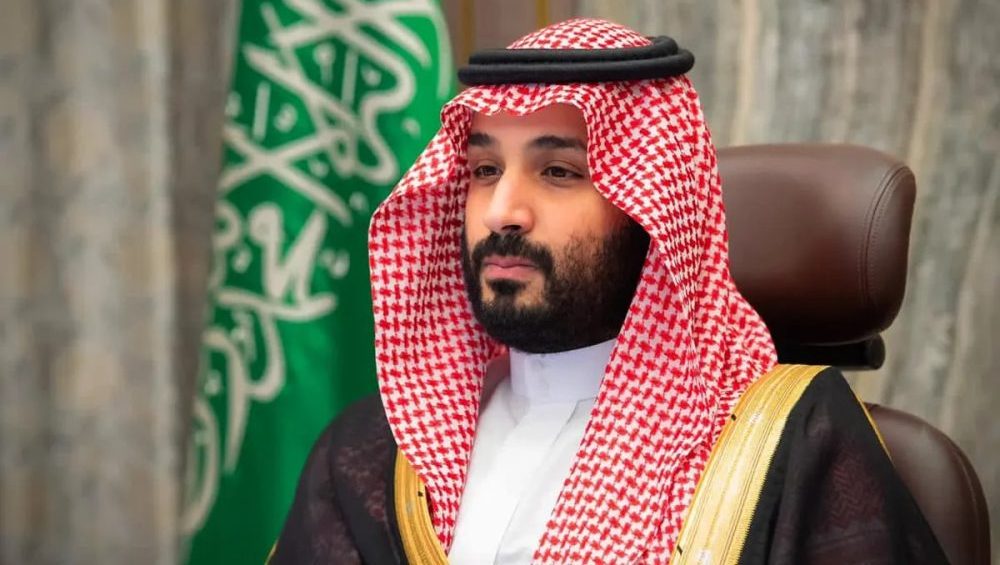
All you need to know about assassination attempt on Saudi Crown Prince
Social media platforms recently found themselves inundated with rumors alleging an assassination attempt on Saudi Crown Prince Mohammed bin Salman. Claims circulating on various platforms suggested that a heavily armed security convoy transporting the crown prince was targeted by a bomb in Riyadh. A video purportedly showing the alleged attempt spread widely across social media.
Fake or real? Assassination attempt on Saudi Crown Prince
The reported incident prompted a significant deployment of security forces in the capital city. However, no official confirmation regarding the purported assassination attempt was immediately available.
BBC journalist Shayan Sardarizadeh dismissed these claims as “completely groundless” and emphasized the lack of evidence to support the allegations. Additionally, BRICS News refuted the reports, labeling them as false and stating that no such attempt had occurred.
Criticism mounted against the spread of these rumors, with fake accounts and sources of misinformation seeking engagement. This incident underscored the challenge of misinformation and its rapid dissemination on social media platforms. It emphasized the importance of fact-checking and verifying information before sharing it online.
The episode raised questions about the reliability of information shared on social media platforms and the need for users to critically evaluate content before believing and sharing it. The spread of false information can have serious consequences, including inciting panic and damaging reputations.
Furthermore, this incident shed light on the role of social media in shaping public perceptions and narratives. It highlighted the importance of authorities and credible sources in debunking false claims and providing accurate information to the public. Ultimately, this situation reflects broader concerns about the spread of misinformation and its impact on society.







